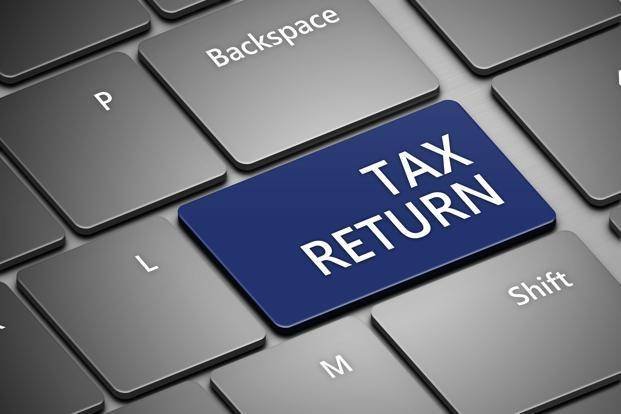An income tax return is the responsibility that each tax payer must encounter, but it normally seems daunting. Whether it’s for an individual or businessman, the gist of filing an income tax return is critical to be in compliance with tax laws, and allow for possible refunds or lower liabilities for an enterprise. This article will guide you through the major factor in filing your optimum income tax return.
What is an Income Tax Return?
An income inc tax return is a testament declared to the tax authorities, such as CRA in Canada or the IRS in the United States, showing your income, deductions, and credits for that particular year. It’s used to determine if more tax is owed or if there’s a refund coming.
For people, this mainly comprises their income from employment, investments, and other means. In companies, it includes profit, expenses, and a lot of other monetary-exchange activities.
Who Must File an Income Tax Return
Income tax return filings are files mandatory by most countries’ laws if one’s income is above certain stipulated limits. Rights to entitlement to filing a duty return in Canada, for example, until provable that a person has a taxable income over the basic personal amount. A businessperson, self-employed, and corporations have to return files whether they have realized some profits or are in the loss.
On top of that, even if one happens to be below the threshold for filing, it’s always good to file a return; there are certain tax credits or refunds you could possibly be entitled to but would only be accessed upon filing returns. For example, there is GST/HST credit in Canada or Earned Income Tax Credit in the U.S.
Basic Components of the Income Tax Return
When filing your income tax return, you’ll need to provide several key pieces of information:
Income: Returns should include wages, salaries, dividend sources of interest income, rental income, etc., as well as other sources of income. The accuracy of the income reported is important because comparatively stiff penalties exist for underreporting.
Deductions: Deductions reduce your taxable income and can include such items as RRSP contributions in Canada, mortgage interest, or charitable donations. Finding out which deductions apply to your situation can go a long way toward hacking your tax liability.
-Tax Credits: Whereas deductions reduce the amount of taxable income, tax credits reduce the actual amount of tax owed. Some examples of tax credits include education credits, child care expenses, and renewable energy credits. Make sure that you have taken all credits available to you.
– Taxes Paid: If you’ve had taxes withheld from your paychecks or made estimated tax payments, this will be factored into your final tax liability.
Methods of filing: Income tax returns can be filed both on paper and online. The online way usually offers speed, higher security, and reduction in errors. In Canada, most individuals use the NETFILE system of the CRA to do their return, and many businesses use tax software in their work. Because the U.S. e-File system has the same online advantages, e-filing is possible. Of course, it can be done on paper, but the process goes slower.
Common Filing Mistakes
Filing your return may be a hassle-free procedure by avoiding common mistakes:
• Incorrect Information: double-check that the Social Insurance Number or Social Security, income figures, and other information is correct.
– Missing Deadlines: Filing late can result in penalties and interest charges. Mark your calendar with important dates to avoid these extra costs.
Not reporting all income: Failure to include all income sources, even inadvertently, would lead to audits and penalties.
Conclusion
Filing an income tax return is an integral part of financial responsibility, whether performed by an individual or a business. Understanding the main elements, getting organized, and avoiding common pitfalls will allow you to file with confidence. If you are uncertain as to any aspect, you may want to consult a tax professional for help and guidance in maximizing your return. — Filing of your income tax return does not have to sound like a hectic process. Through proper preparation and understanding, you should be able to smoothly go through the process. This way, you meet your tax obligations and reap the benefits that come with your kind of business.


![13 Best Sites to Stream UFC Live Online for Free [2024] 13 Best Sites to Stream UFC Live Online for Free [2024]](https://appearworld.com/wp-content/uploads/2024/11/13-Best-Sites-to-Stream-UFC-Live-Online-for-Free-200x125.jpg)


